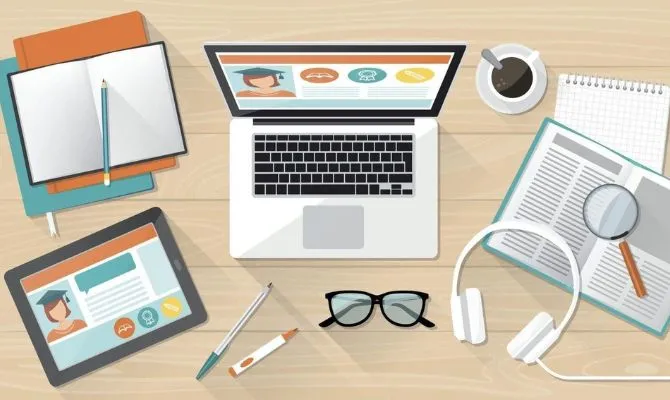Introduction:
Education is no longer confined to traditional classrooms. The advent of educational technology tools has transformed the way knowledge is delivered and consumed. These innovations are bridging gaps, personalizing learning experiences, and ensuring education reaches even the most remote corners of the globe. As technology evolves, so does its potential to revolutionize education for the better.
- Engagement Through Interactive Tools:
Platforms like gamified learning apps and virtual classrooms are making education more engaging. Interactive quizzes, augmented reality (AR) simulations, and multimedia content captivate learners, fostering a deeper understanding of complex concepts. - Personalized Learning Paths:
Tools powered by artificial intelligence (AI) and machine learning analyze individual progress, allowing for tailored lessons and resources. This personalization ensures students learn at their own pace, catering to diverse needs and abilities. - Accessibility for All:
Educational technology is breaking barriers for those with disabilities or limited access to resources. Text-to-speech software, braille readers, and subtitles for online lectures empower differently-abled students. Moreover, online platforms provide access to high-quality education regardless of geographic location. - Collaborative Learning Environments:
Ed-tech tools like cloud-based platforms enable students and teachers to collaborate in real-time. Shared documents, discussion forums, and group projects foster teamwork and critical thinking skills.
Conclusion:
Educational technology tools are not just enhancing learning but democratizing education. By making learning experiences more engaging, personalized, and accessible, these tools are shaping a future where education knows no boundaries. As we embrace these innovations, the dream of inclusive and effective education for all becomes increasingly achievable.


